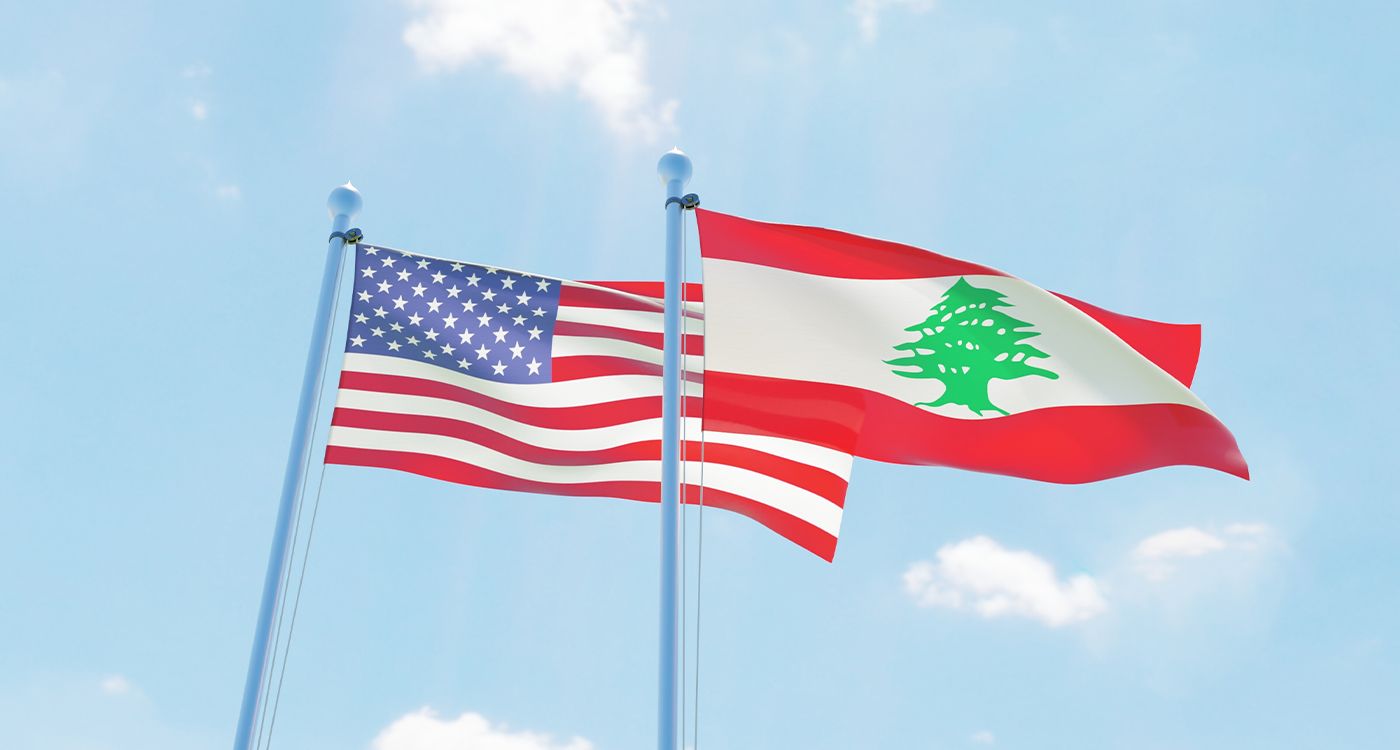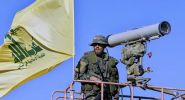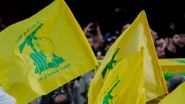
The American delegation visiting Lebanon on Thursday carries several important messages, particularly regarding Morgan Ortagus, who has succeeded Amos Hochstein. Ortagus has been given the responsibility of managing Lebanon's portfolio, which includes critical issues such as government formation, policy programs, Israeli withdrawal, the release of Hezbollah prisoners, the implementation of UN Resolution 1701, and other international resolutions related to Lebanon, including Resolution 1559 and disputes along the Blue Line.
The US’s primary concern regarding the government is its program, which will be detailed in the ministerial statement. This program must implement tangible reforms, as any delay could have catastrophic consequences for Lebanon's financial and economic stability. Inaction would prompt the Arab and international communities to adopt a more passive stance, refraining from investments and projects, particularly as they are already preoccupied with other regional crises, such as those in Gaza and Syria.
The US seeks a clear government program that prioritizes state sovereignty, ensuring that only the Lebanese state has control over arms and authority over decisions of war and peace. Therefore, the upcoming ministerial statement must refrain from referencing the “army, people, and resistance” formula often used by Hezbollah. The emphasis should be exclusively on the army and the state as Lebanon's legitimate protectors, with no mention of a role for the people, as Hezbollah could use such language to justify maintaining its weapons.
Regarding the resolution of the 13 disputed points along the Blue Line, Lebanon had previously reached an agreement on 6 of them. Reports suggest that resolving the remaining 7 should not be overly complicated. However, the situation has become more complex in the aftermath of the Hezbollah-Israel war. Israel is seeking assurances that it can temporarily retain control of five sites in southern Lebanon—al-Labbouna, Yaroun, Odaisseh, Kfar Kila, and Khiam—beyond February 18. It has made it clear that withdrawal from these areas is contingent upon US guarantees regarding their security, which would be ensured by the Lebanese army and UNIFIL forces. Additionally, Israel reserves the right to intervene if necessary. Notably, the issue of the Shebaa Farms has been excluded from current discussions, pending a resolution between Syria and Israel.
As for the issue of Hezbollah detainees, Israel's demands remain unclear at this stage, except for reports suggesting a request for the release of Israeli Russian researcher Elizabeth Tsurkov, who is being held in Iraq. Further details are expected to emerge following this visit, particularly as three key parties—the United States, France, and the International Red Cross—are actively engaged in negotiations on the issue.




Comments